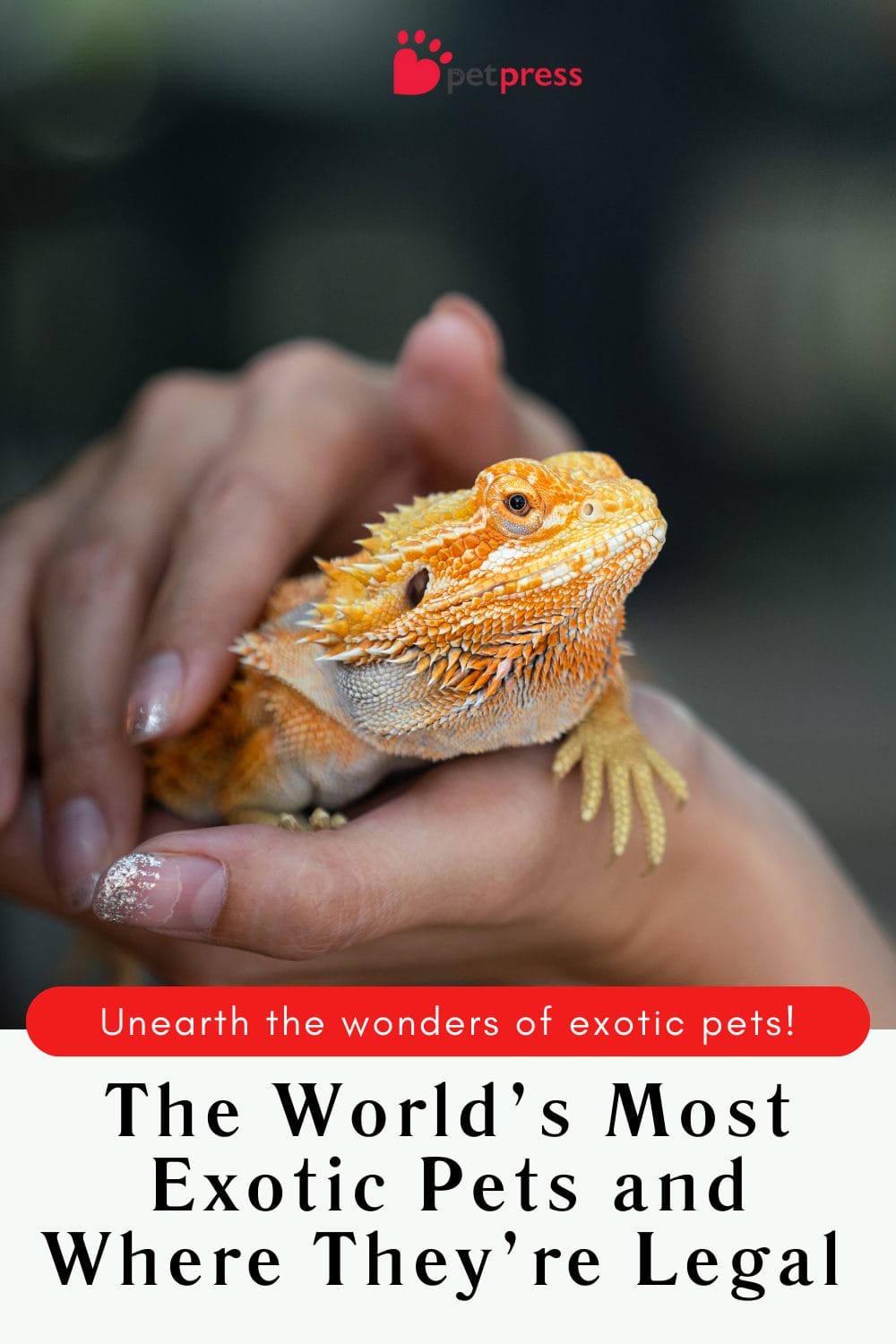
Have you ever wondered about the most exotic pets in the world? Exotic pets are unique animals that are not typically found in homes. These pets can range from colorful reptiles to small, furry creatures. They are fascinating and can make great companions for the right person.
However, it’s important to know where these exotic pets are legal. Different countries and states have different rules about owning exotic animals. This knowledge helps you avoid legal issues and ensures the safety of the pet. Let’s explore some of the most exotic pets and where you can own them legally.
What Are Exotic Pets?
Exotic pets are animals not usually kept as household pets. They are different from pets like cats and dogs. These animals can include reptiles, birds, and unique mammals.
Exotic pets are called “exotic” because they are rare and unique. They often come from different parts of the world. This makes them different from the pets we commonly see.
Several factors make an animal an exotic pet. First, they are not commonly found in homes. Second, they often have special care needs that are different from regular pets. Lastly, their unique traits make them fascinating companions.
By understanding why certain animals are considered exotic pets, we can appreciate their uniqueness. This knowledge also helps us provide the best care for these special creatures.
Popular Exotic Pets Around the World
Ever dreamed of owning a pet that’s truly unique? Exotic pets are fascinating creatures that bring a touch of the wild into our homes. Let’s explore some popular exotic pets from around the world and see what makes them so special!
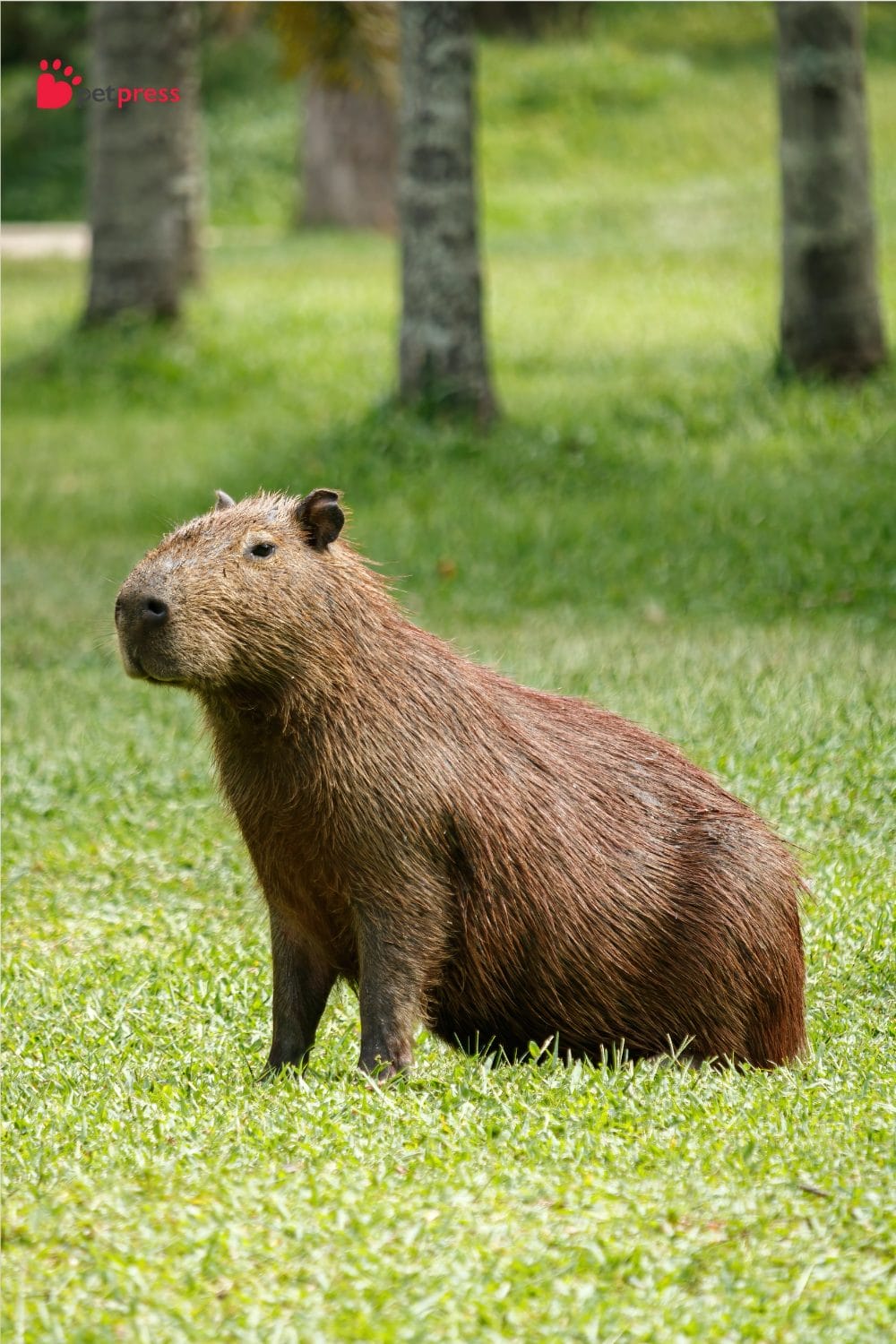
Capybaras
Capybaras are the largest rodents in the world. They have a rounded body, short legs, and webbed feet. These gentle giants are native to South America and love water.
As pets, capybaras are known for their friendly and social nature. They enjoy being around people and other animals. They need plenty of space and a water source for swimming.
In the United States, capybara ownership laws vary by state. Some states allow them with permits, while others do not. In many parts of South America, they are generally legal to own. Always check local laws before getting a capybara to ensure it’s legal in your area.
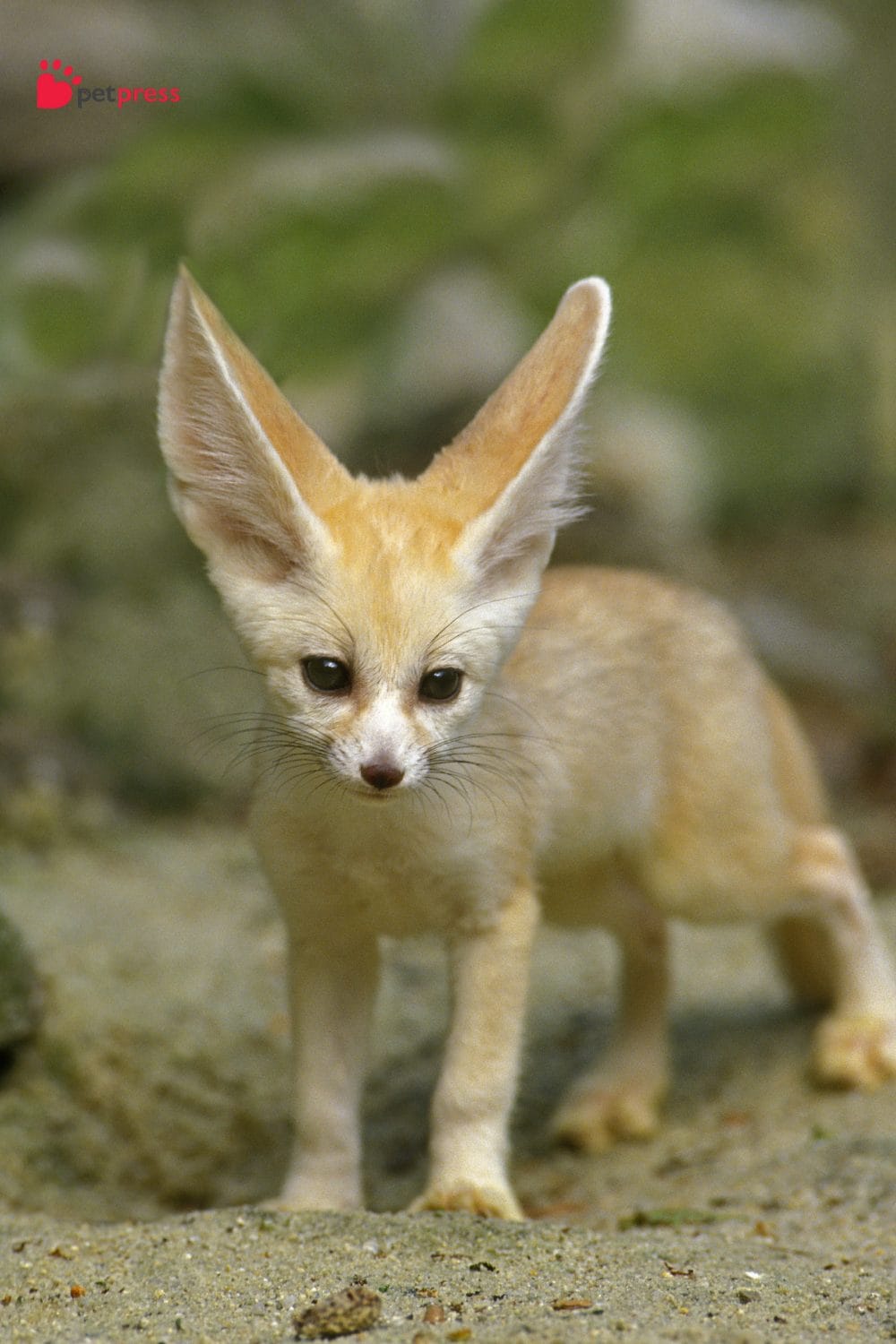
Fennec Foxes
Fennec foxes are small, desert-dwelling foxes with enormous ears. They have a sandy-colored coat, perfect for blending into their desert habitat. These adorable creatures are native to the Sahara Desert in North Africa.
As pets, fennec foxes are known for their playful and energetic behavior. They are highly active and enjoy digging and exploring. They need plenty of space and mental stimulation to stay happy and healthy.
In the United States, owning a fennec fox is legal in some states but restricted in others. States like Nevada and Florida allow them as pets, while others require special permits. In many other countries, including the UK, it is often illegal or requires specific licenses. Always check local laws to ensure you can legally keep a fennec fox.
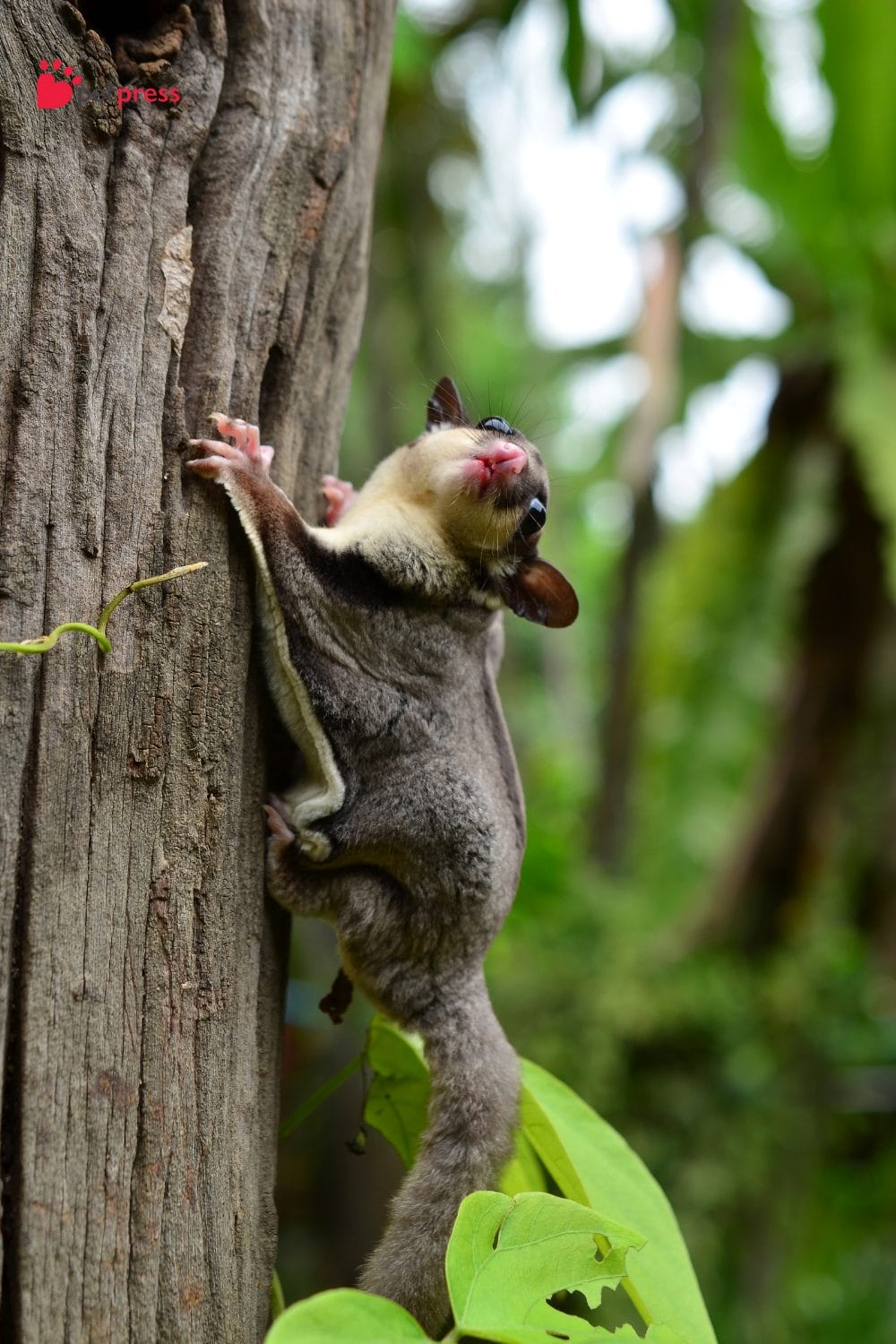
Sugar Gliders
Sugar gliders are small, nocturnal marsupials native to Australia and New Guinea. They have a gliding membrane between their front and back legs, allowing them to glide through the air. These tiny creatures are about the size of a hamster and have large, expressive eyes.
As pets, sugar gliders are known for their friendly and social behavior. They bond closely with their owners and enjoy lots of interaction. They are active at night and love to climb and glide, so they need a spacious cage and plenty of toys to stay entertained.
In the United States, sugar gliders are legal in most states, but some states and cities have restrictions. For example, they are illegal in California and Hawaii. In Australia, it’s illegal to keep them as pets in some states without a special permit. Always check the local regulations to ensure you can legally own a sugar glider in your area.

Hedgehogs
Hedgehogs are small, spiny mammals that have gained popularity as pets. They have a rounded body covered in short spines and a cute, pointed face. These nocturnal creatures are native to Europe, Africa, and Asia.
As pets, hedgehogs are known for their shy but curious nature. They can be friendly and enjoy exploring their surroundings. They need a spacious cage, a wheel for exercise, and places to hide for comfort.
In the United States, hedgehog ownership is mostly legal, but some states and cities have restrictions. For instance, they are illegal in California, Georgia, and Hawaii. In the UK and many other countries, hedgehogs can be kept as pets without special permits. Always ensure to check local laws before getting a hedgehog to confirm it’s legal in your area.
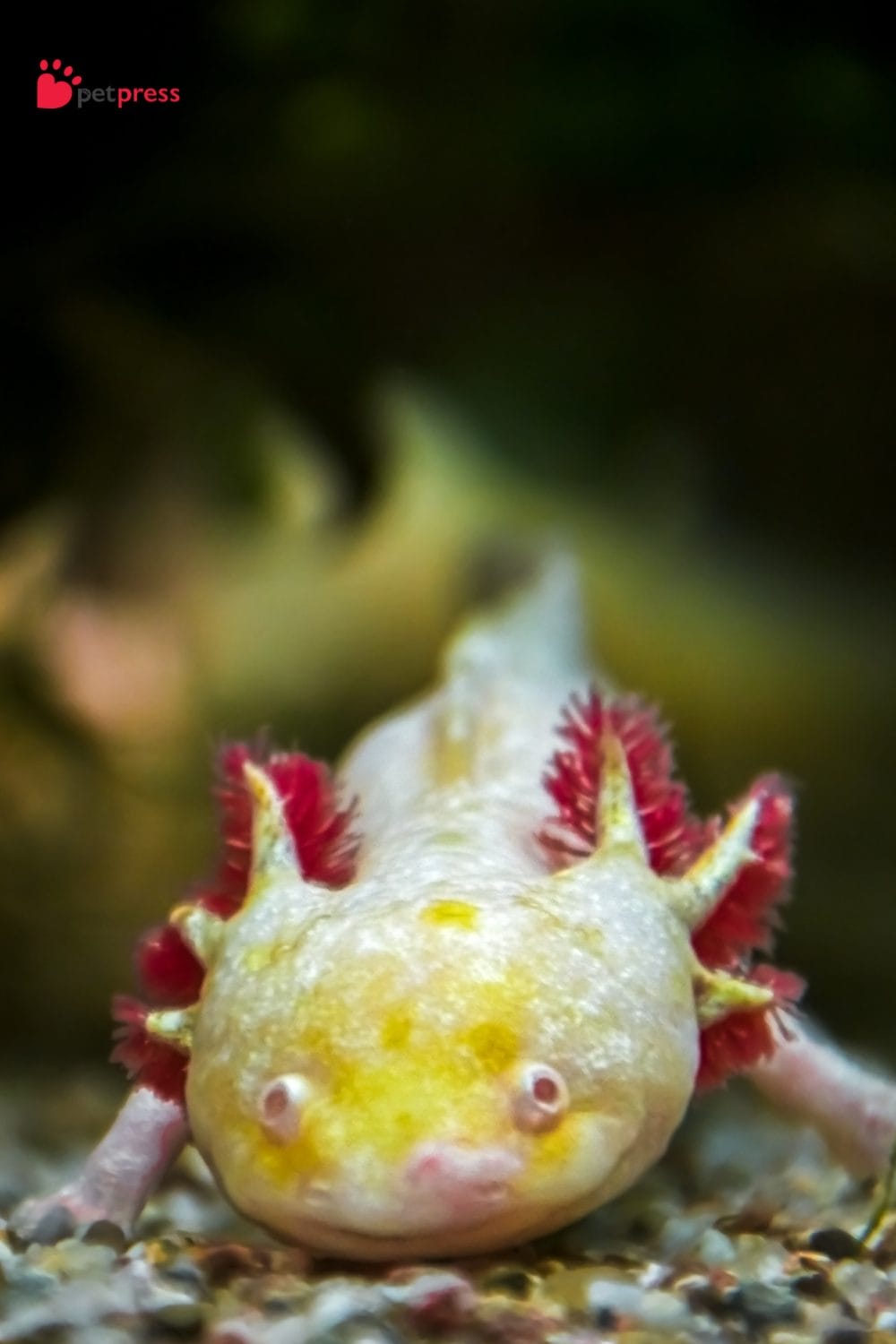
Axolotls
Axolotls are fascinating aquatic creatures known for their distinctive appearance. They have feathery gills extending from the sides of their heads and a salamander-like body. Native to the lakes of Mexico, axolotls are unique because they remain in their larval stage throughout their lives, a trait known as neoteny.
As pets, axolotls are known for their relatively easy care and low maintenance needs. They thrive in a well-maintained aquarium with clean, cool water. Axolotls can regenerate lost body parts, making them intriguing to observe. They enjoy a diet of worms, small fish, and commercially available axolotl pellets.
In the United States, axolotls are legal to own in most states, but some states like California, Maine, and New Jersey have restrictions. They are also restricted in parts of Canada and Australia. In the UK, axolotls can be kept as pets without special permits. Always check local regulations to ensure you can legally own an axolotl in your area.
Legal Considerations When Owning Exotic Pets
Before getting an exotic pet, it’s crucial to check local laws. Different places have different rules about exotic pet ownership. Knowing these laws helps you avoid legal trouble and protect your pet.
Owning an exotic pet illegally can lead to serious consequences. You may face fines, and your pet could be taken away. Additionally, illegal ownership can harm the local ecosystem and public safety.
- Check State and Country Laws: Rules vary widely by location.
- Obtain Necessary Permits: Some exotic pets require special permits.
- Consider Animal Welfare: Ensure you can meet the pet’s care needs.
- Consult Experts: Talk to local animal control or exotic pet experts for guidance.
Conclusion: Making an Informed Decision
Owning the most exotic pets can be an exciting and rewarding experience. These unique animals bring a touch of the wild into our homes and hearts. However, it’s vital to understand what it means to care for these special pets. We’ve explored various exotic animals like capybaras, fennec foxes, sugar gliders, hedgehogs, and axolotls, each with their own specific needs and legal considerations.
Before bringing an exotic pet into your life, always check local laws to ensure it’s legal to own them in your area. Proper research and preparation are key to providing a safe and healthy environment for your pet. Remember that these animals often require special diets, housing, and veterinary care, so it’s essential to be fully prepared for the commitment.
In conclusion, the world of exotic pets is fascinating and full of wonder. By making informed decisions and being responsible pet owners, we can give these unique animals the best possible care. So, if you’re ready to take the plunge into the world of exotic pets, do your homework, follow the guidelines, and enjoy the incredible journey with your new companion.
FAQs
Exotic pets can be more challenging to care for than typical pets. They often require specialized diets, habitats, and veterinary care. Always research your specific pet’s needs before bringing one home.
Some exotic pets can adapt to apartment living, but it depends on the species. Small animals like sugar gliders or hedgehogs are more suitable for smaller spaces. Always check your building’s pet policy first.
Yes, exotic pets often require special veterinary care. Not all vets are experienced with exotic animals, so find one who specializes in the specific needs of your pet.
Traveling with exotic pets can be complicated due to regulations and their special needs. Some pets may become stressed during travel. Always check travel guidelines and consult your vet for advice before making plans.
Some exotic pets can coexist with other animals, but it depends on the species. For example, capybaras are social and can get along with other pets, while fennec foxes are more solitary. Always supervise interactions.
- Does Cat Litter Melt Ice? The Complete Guide to Winter Safety - January 30, 2026
- Happy Tail Dogs: Understanding This Common Canine Condition - January 29, 2026
- How Cold Can Outdoor Cats Handle? Feline Winter Safety - January 27, 2026


GIPHY App Key not set. Please check settings